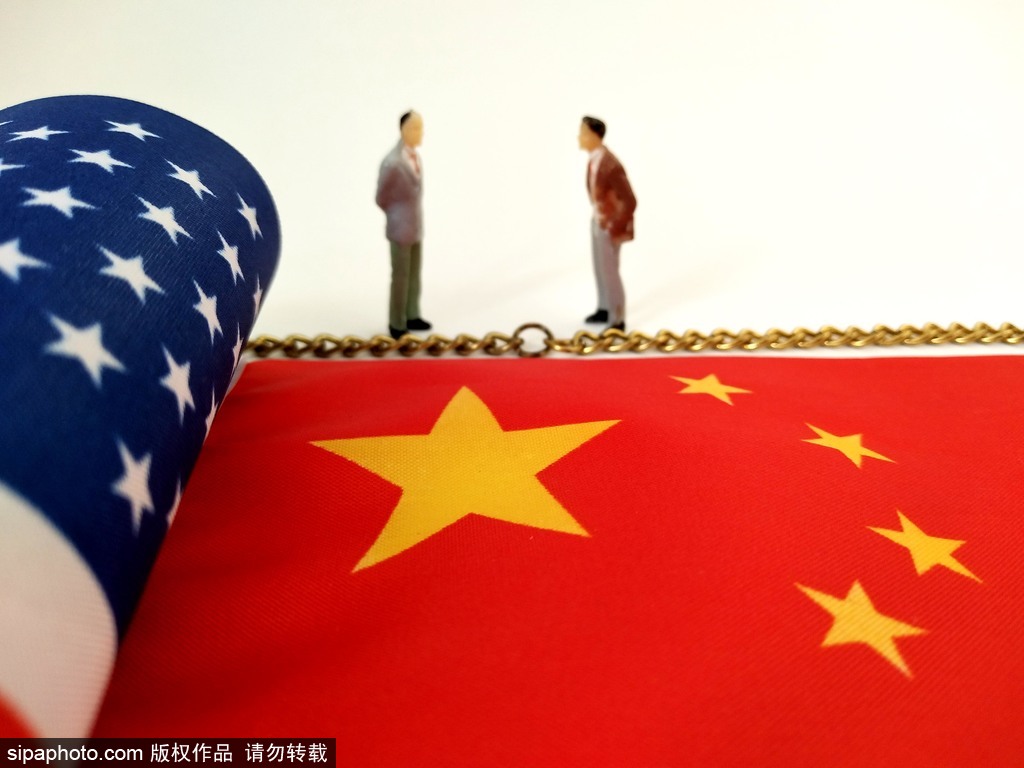Old mentality seen backfiring on Washington
By Zhao Huanxin in Washington | China Daily | Updated: 2020-05-27 07:46

Focus on competition with Beijing will help neither side, US experts warn
The latest major US document on China policy has highlighted "a great power competition" but avoids mentioning the devastating COVID-19 public health crisis, which experts believe has been exacerbated by "strategic competition" and could be resolved only by defusing such rivalry.
"The United States Strategic Approach to the People's Republic of China", sent to Congress on May 20, lays out the US administration's "whole-of-government approach" to China, grounded in all-out strategic competition.
Guided by a return to "principled realism", the report argues that competition necessarily includes engagement with China, but those engagements are "selective and results-oriented" to advance US interests, and the strategy threatens to "increase public pressure" on Beijing and leverage "proportional costs when necessary".
The 16-page paper, however, whose crafting seemed to have traversed the period of the novel coronavirus breaking out explosively in the country, does not make even a passing reference to the COVID-19 pandemic.
A Washington Post column on the US policy document on Thursday carried the headline COVID-19 has brought Trump's warring China factions together.
As of Tuesday morning, the disease had infected at least 5.4 million people globally and claimed the lives of more than 344,000, including nearly 100,000 US citizens, according to a Johns Hopkins University tally.
"The destructive path of #COVID19 has been enabled by this unnecessary strategic competition. End it now and the peoples of America and #China will benefit," the National Committee on US-China Relations said on its Twitter account on Thursday, a day after the release of the paper.
The post promoted an article by Stephen Orlins, the New York-based committee's president, in which he said that the US should recognize that its designation of China as a strategic competitor creates a "self-fulfilling prophecy", and that US-China strategic competition has worsened the impact of the coronavirus.
Since the onset of the coronavirus outbreak, many US researchers and scientists have called for a ramping-up in the sharing of best practices and pandemic information between the two countries while retiring the blame game.
Deborah Seligsohn, an environment, science, technology and health counselor at the US embassy in Beijing from 2003 to 2007, and now a political scientist at Villanova University in Pennsylvania, told China Daily: "We need to increase our research cooperation on diagnostics, treatment, vaccines-the full range of tools to address this pandemic. We need to be working together."
Orlins wrote: "The crisis perfectly illustrates why the US and China must cooperate. While the two countries will compete economically and diplomatically, strategic competition-with the accompanying suspicion, restrictions on economic activity and increased defense spending-only harms the American and Chinese peoples."
























